Senegal
The European Union has announced it will not renew its fishing agreement with Senegal, citing concerns over the country’s efforts to curb illegal fishing.
The EU delegation in Senegal confirmed the decision on Tuesday, highlighting concerns over monitoring and control of both Senegalese and foreign vessels, especially those operating from Dakar's port.
Senegal had been flagged by the EU earlier this year as a “non-cooperating country” in the fight against illegal fishing, with European officials pointing to inadequate monitoring and surveillance systems.
Without a renewed agreement, European vessels will be required to exit Senegalese waters when the deal expires on Sunday, halting financial contributions to Senegal under this pact.
The current agreement, signed in 2019, has faced criticism in Senegal due to concerns about overfishing and the depletion of local fish stocks. For Senegal, where the fisheries sector employs about 16% of the population, many local fishermen struggle to compete with large foreign trawlers and report difficulty catching enough fish to sustain their livelihoods.
While the EU has argued that European vessels contribute minimally to overfishing—representing less than 1% of total catches in Senegalese waters over the past five years—local sentiment remains divided.
President Bassirou Diomaye Faye, elected in March, had pledged to review the agreement as part of his campaign, commissioning an audit of the fishing sector in May. However, the results of that review have yet to be made public.
The Senegalese government has yet to issue an official response to the EU’s decision.



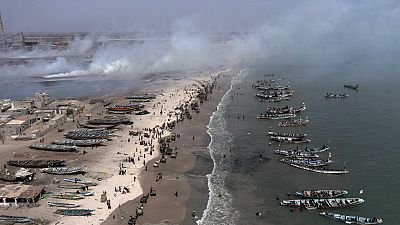

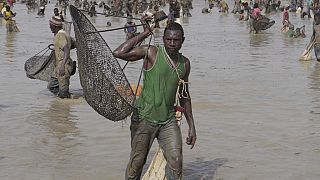
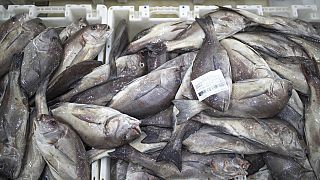
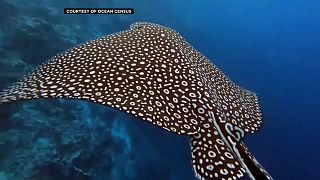
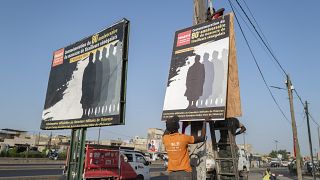
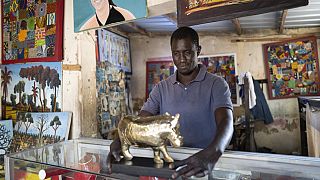
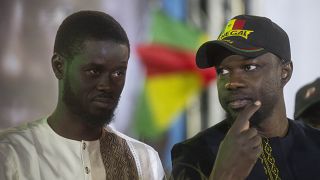
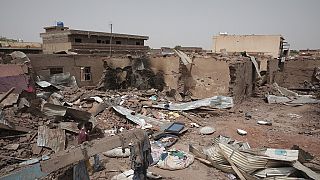
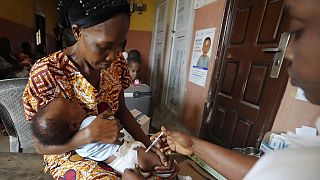

Go to video
Niger calls for replacement of EU ambassador amid aid dispute
01:17
Senegal: Ousmane Sonko’s Pastef party secures historic election victory
00:10
Provisional results confirm victory for Senegal's ruling Pastef party
01:48
Meet one of the teams patrolling Senegal's waters to rescue migrants on small boats
01:10
Senegal parliamentary elections: Polls open, over 7 million expected to vote
00:59
Senegal parliamentary elections: Former rivals face off again